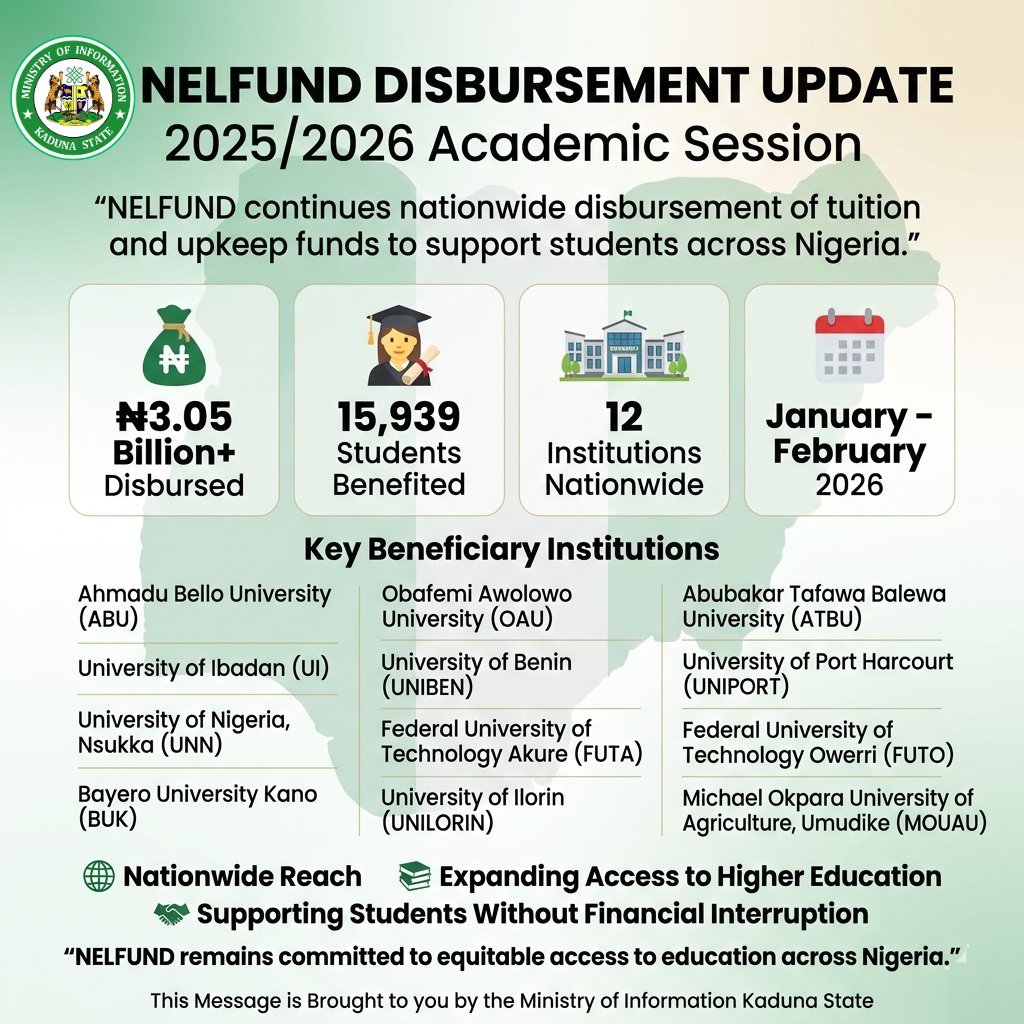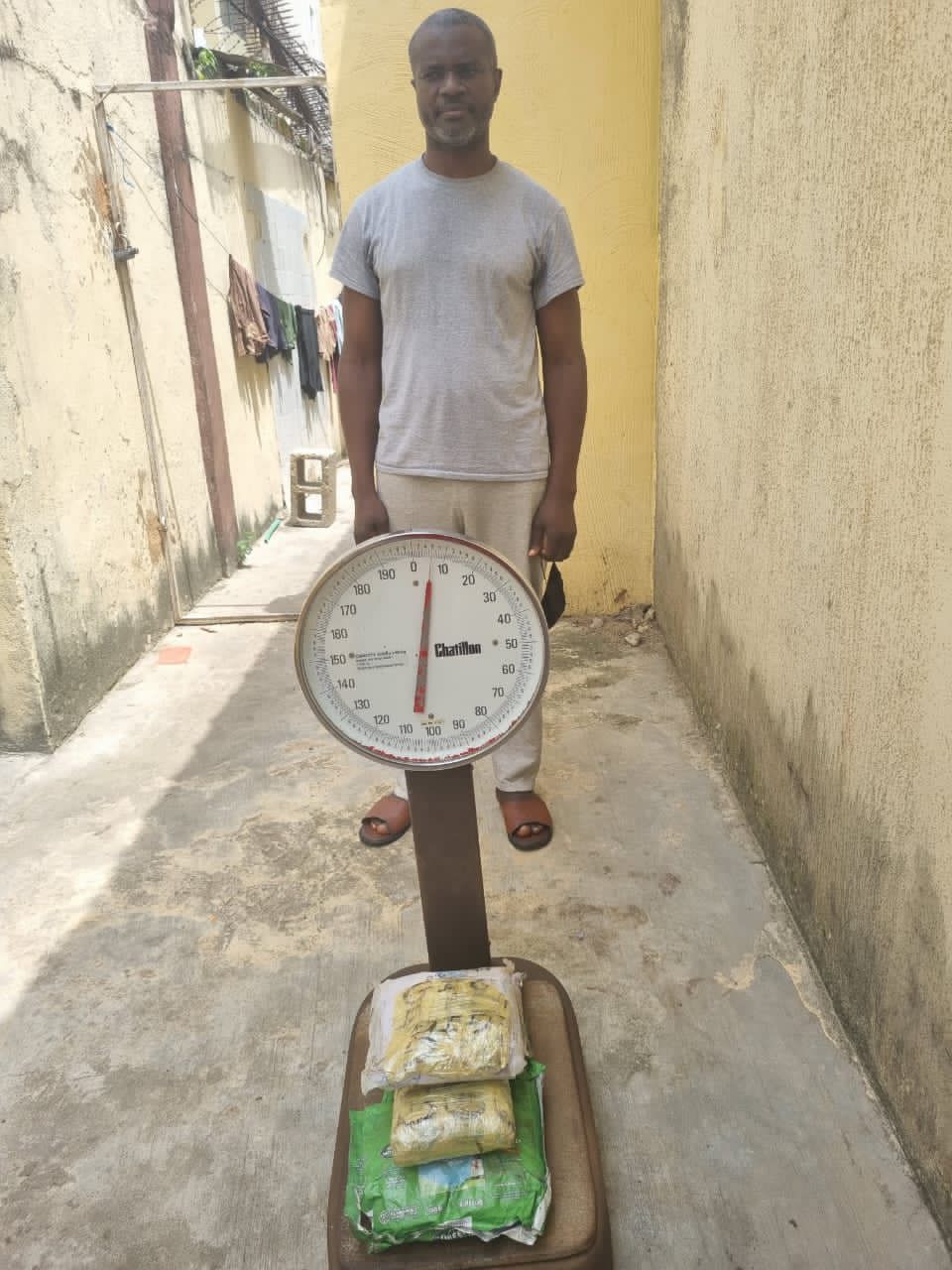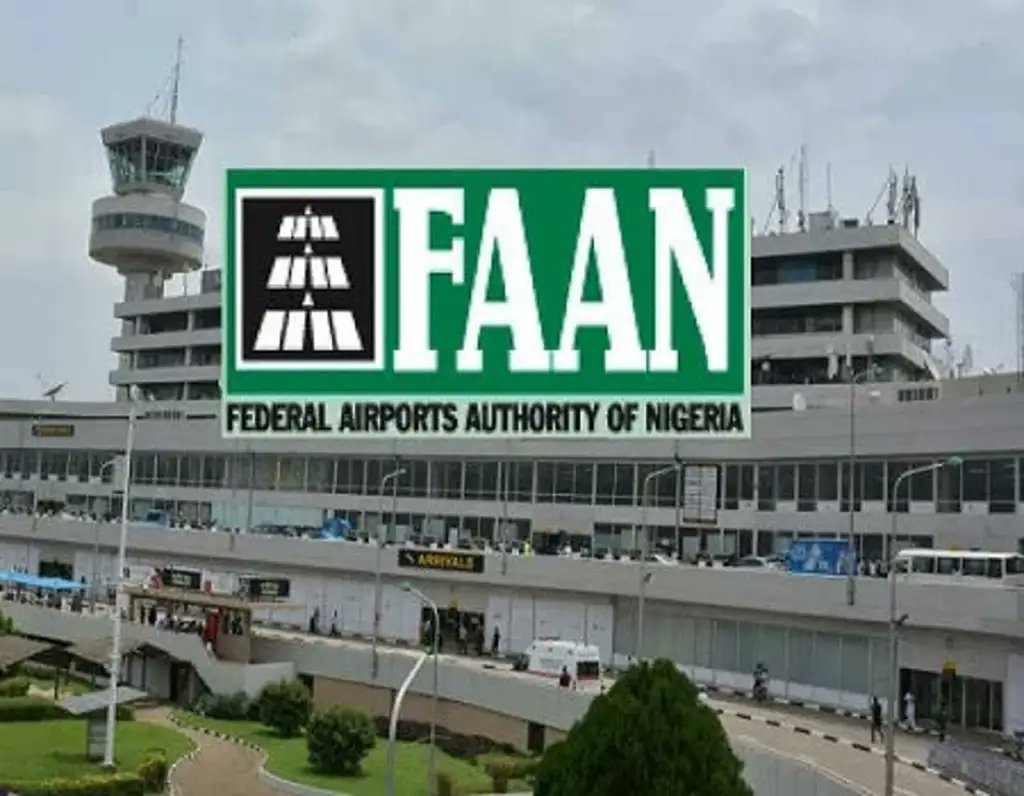
FG Vows Action as Independent Marketers Defy Government, Sell Fuel at N1,000/litre
Abuja, August 27, 2024 — The Federal Government has vowed to take decisive action against independent oil marketers selling petrol at exorbitant prices, with some stations reportedly charging between N900 and N1,000 per litre. This defies the Nigerian National Petroleum Company (NNPC)’s efforts to maintain pump prices within the range of N568 to N617 per litre.

The Nigerian Midstream and Downstream Petroleum Regulatory Authority (NMDPRA) has expressed concern over the situation, accusing private depot owners of selling petrol to independent marketers at inflated rates. This, in turn, has led to the skyrocketing pump prices observed across the country.
George Ene-Ita, spokesperson for the NMDPRA, pointed out discrepancies between the petrol prices reported by field agents at the depots and the inflated prices charged by independent marketers. “Our depot people see a different price because we ask them to publish the prices at the depots every day, and it is not N850/litre. Our field agents at the depots give us a different figure,” Ene-Ita stated.
In response to reports of petrol being sold at prices as high as N1,000 per litre in Lagos and other states, Ene-Ita emphasized that the NMDPRA would not tolerate such exploitation. “We will shut down any filling station found selling above the approved price if we catch them,” he warned. He further noted that NNPC sets the ex-depot price for off-takers in collaboration with regulatory authorities to determine appropriate margins, leaving no justification for the extreme price hikes.
However, independent marketers have defended their actions, arguing that they are forced to purchase petrol at high prices due to limited supply from NNPC. According to them, the subsidized rate of around N570 per litre is primarily available to major marketers, leaving independent operators with no choice but to sell at higher prices to cover costs.
A source within the industry disclosed that the high prices are driven by supply shortages. “The price is high because the supply is low. It is a matter of demand and supply,” the source explained, adding that the situation has created an opportunity for filling stations to increase their margins. The source also noted the challenges marketers face, including delays in receiving orders from NNPC and the financial burden of high-interest rates on loans used to purchase petrol.
As the situation unfolds, the Federal Government’s commitment to taking action against offending stations underscores the broader challenge of balancing supply and demand in a market where regulatory oversight is increasingly difficult. For now, consumers continue to bear the brunt of the inflated prices, while the government seeks solutions to restore stability and fairness in the fuel market.




















